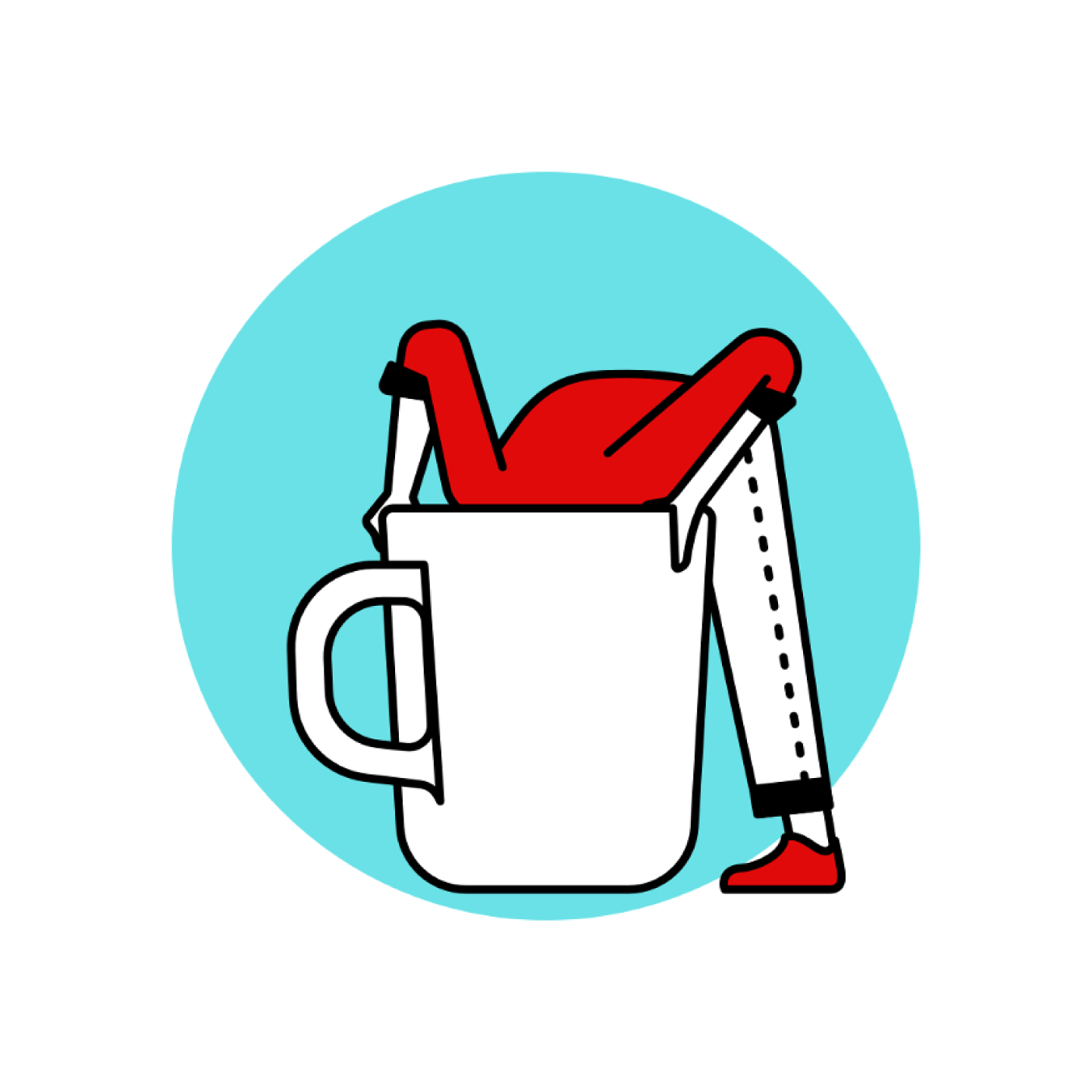Hmm... we can't find that page
It could be that you've followed an old link or mistyped something.
Head back to our homepage and discover what makes us different.
Virgin Money homepage
Head back to our homepage and discover what makes us different.
Virgin Money homepage